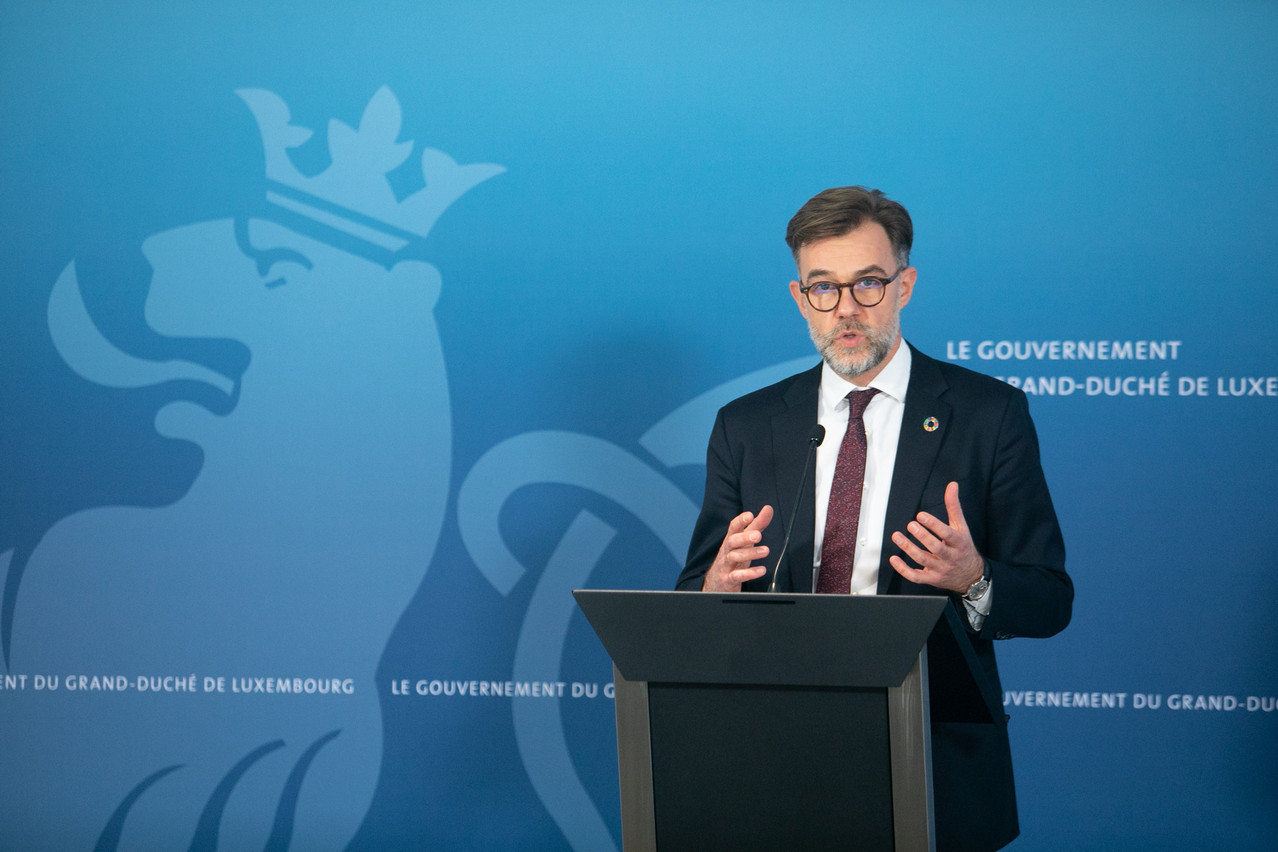Five business associations, two individual companies, a law firm, a consultancy and a consumer association: at the beginning of 2022, just ten players took part in the public consultation organised by the ministry of the economy with a view to drawing up a national framework for the control of mergers and acquisitions.
On 18 July, almost twenty years after the European framework, economy minister (LSAP) presented a draft law that will bring Luxembourg into line with the other 26 members of the European Union and with the European Commission.
These ten players have been heard. 88% of them wanted the system to require prior notification and 60% wanted the notification thresholds to refer to turnover.
The bill provides for prior notification to Luxembourg’s competition authority (Autorité de la concurrence) regarding transactions “for which the total turnover in Luxembourg of all the undertakings concerned exceeds €60m and the turnover in Luxembourg of at least two of the undertakings concerned individually exceeds €15m.”
Thresholds for around ten notifications per year
These are relatively high thresholds, based on a study by VVA on behalf of the economy ministry. The thresholds should trigger around ten notifications per year. It’s around the level of Ireland (€10m and €60m), and behind Malta, which receives the fewest (12 per year).
Higher thresholds--such as €50-150m in France, €40-100m in Belgium, €50-500m in Germany or €100-500m in Switzerland--would have triggered too few notifications for the system to be of any use.
Given the specific nature of Luxembourg, the cross-border activities of the companies involved will also have to be taken into account by the competition authority. At the time of notification, the competition authority will publish a notice informing third parties of the planned transaction, giving interested parties the opportunity to submit their comments.
Another important element is that authorities will have to issue a decision within 25 working days: either an authorisation or, if they have doubts, a second phase of up to 90 days, at the end of which they will issue an authorisation with or without conditions, or a prohibition. According to the ministry’s document, at European level, less than 4% of cases go through this second phase.
Derogations
The government will have the option of overturning the decision of the competition authority for matters of general interest other than the protection of competition (industrial, economic or financial development, international competitiveness of businesses or the creation or maintenance of jobs), at the initiative of any minister concerned and within a maximum period of 35 days after the second phase.
One of the fears regularly expressed was the protection of the financial centre. The bill responds to this concern by introducing derogations to protect the stability of Luxembourg’s financial system in the event of a bank or insurance company being rescued, in which case the competition authority will be relieved of jurisdiction in favour of Luxembourg’s financial sector supervisory commission (CSSF).
Legal certainty
Until now, a project could be challenged a posteriori by the competition authority, with the risk of a fine. In 2015, a complaint was lodged with the authority by a competitor of Utopia, which had taken over the CinéBelval in Esch-sur-Alzette. Although the case was eventually dismissed on 22 June 2016, the business community learned that it would now have to imagine a merger being called into question a posteriori.
The bill therefore provides legal certainty for players who want to join forces.
The European Commission will be responsible for examining a case when two other thresholds are crossed: €5bn in aggregate worldwide sales and €250m individually in the European Union. Mergers may also be notified in several member states, which must refer the analysis to the European Commission.
This article was first published in French on . It has been translated and edited for Delano.
